What is Anxiety?
Anxiety is a normal and useful response to potentially stressful or dangerous situations. It increases our awareness of what’s going on around us. For most people, anxiety is short-lived and normally goes away once the situation has passed. That distress may also manifest itself in physical symptoms such as muscle tension, headaches, or chest pain.
What are Anti-anxiety Drugs?
Anxiety medications include multiple types of drugs that are used to treat the symptoms of anxiety disorders. The three most commonly prescribed types of anxiety medication are antidepressants, anti-anxiety medications (also known as anxiolytics), and beta-blockers. Antidepressants and anxiolytic medications work primarily by affecting the balance of certain chemicals in the brain known as neurotransmitters. Beta-blockers and other types of drugs are used to address the physical symptoms that may accompany an anxiety attack. First-generation antihistamines are also used to help with anxiety symptoms because they have a sedating effect.
What are the medical uses for anti-anxiety drugs?
Anxiolytics are used to treat anxiety or symptoms caused by anxiety. Some types of anti-anxiety drugs are used for other health conditions such as:
- Depression
- Insomnia
- Alcohol withdrawal symptoms
- Seizures
- Panic disorder
- Itching
- Nausea
- Vomiting
What are the side effects of anti-anxiety drugs?
Some common side effects of anxiolytic drugs include:
- Drowsiness
- Sedation
- Confusion
- Dependence and withdrawal symptoms
- Stomach upset
- Nausea
- Diarrhea
- Sexual dysfunction
- Headache
- Suicidal thoughts
- Elevated blood pressure
- Dry mouth
- Blurred vision
- Constipation
- Orthostatic hypotension
- Increased heart rate
- Abnormal heartbeat
- Weight gain
Natural Treatments for Anxiety
Herbal medicines have been studied for the treatment of anxiety. Examples of herbal medications that have been used in clinical studies for treating anxiety include:
- Ashwagandha (Withania somnifera)
- Ashwagandha is known to help people strengthen their immune system after illness, chemotherapy, or surgery. It is a highly effective, evidence-based remedy to help reduce stress levels and anxiety—by lowering cortisol levels and mimicking the inhibitory neurotransmitter GABA.
- Lemon balm (Melissa officinalis)
- Lemon balm has calming effects for anxiety, stress, sleep problems, and restlessness. Lemon balm is also used for an autoimmune disease involving the thyroid (Graves’ disease), swollen airways, rapid heartbeat due to nervousness, high blood pressure, cramps, sores, tumors, and insect bites.
- Passionflower
- Some researchers believe that passionflower supplements may help treat anxiety, insomnia, and certain forms of pain because it may increase levels of gamma-aminobutyric acid (GABA), a chemical the brain makes to help regulate mood.
- Kava
- Kava has been used as an unregulated herbal treatment for generations. But it was only recently that researchers isolated an active ingredient, called “kavain,” that affects mood receptors and helps people with anxiety.
- St John’s Wort
- St John’s Wort is thought to work by keeping the brain from using up neurotransmitters like serotonin, dopamine, GABA, and norepinephrine. As a result, the neurotransmitters are more effectively used in the brain. A person could experience fewer bouts of anxiety.
Related Topics
10 Things That Affect Our Body If We Don’t Get Enough Sleep
Natural Nootropics: How To Boost Productivity & Concentration?
Coronasomnia: How The Pandemic Causes A Surge In Insomnia
Side Effects of Anti-anxiety Drugs
Top 5 Health Benefits of Lemon Balm

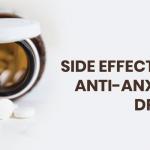
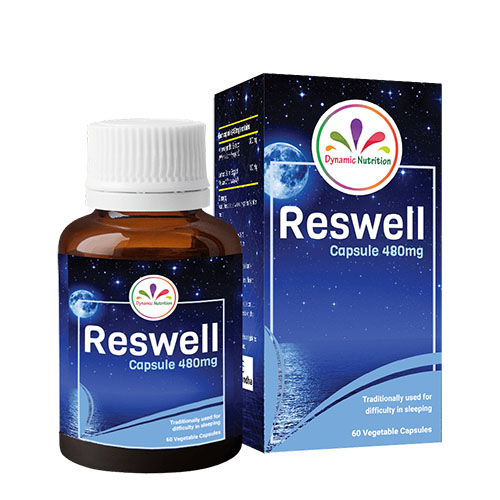


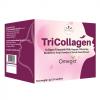


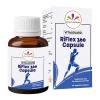
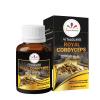
Facebook Comments